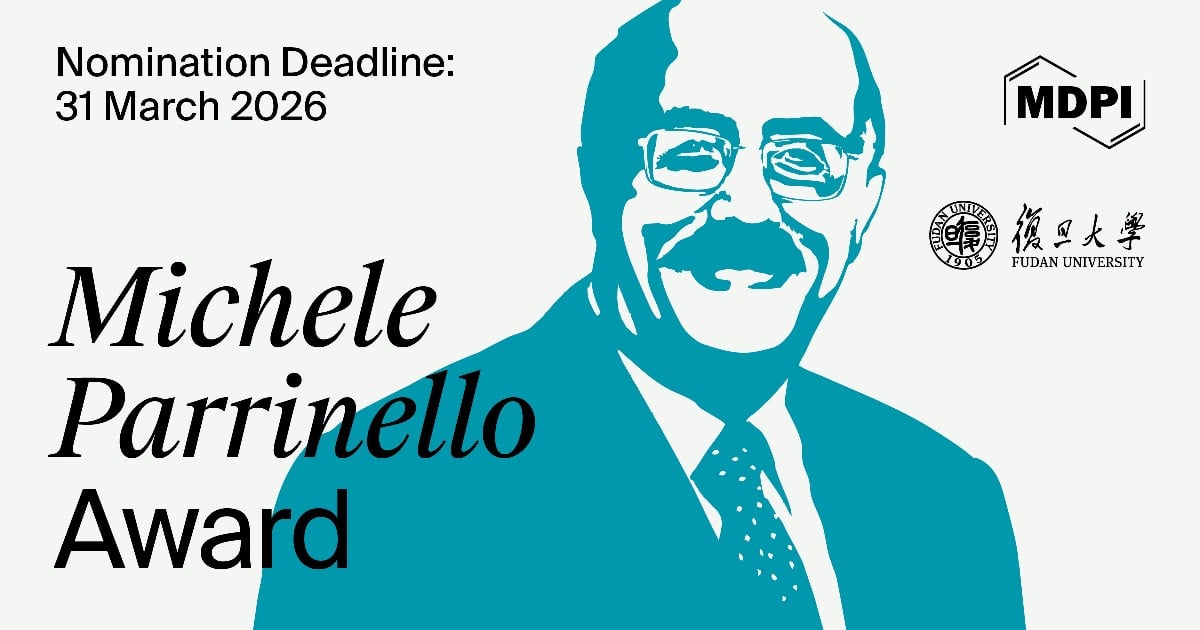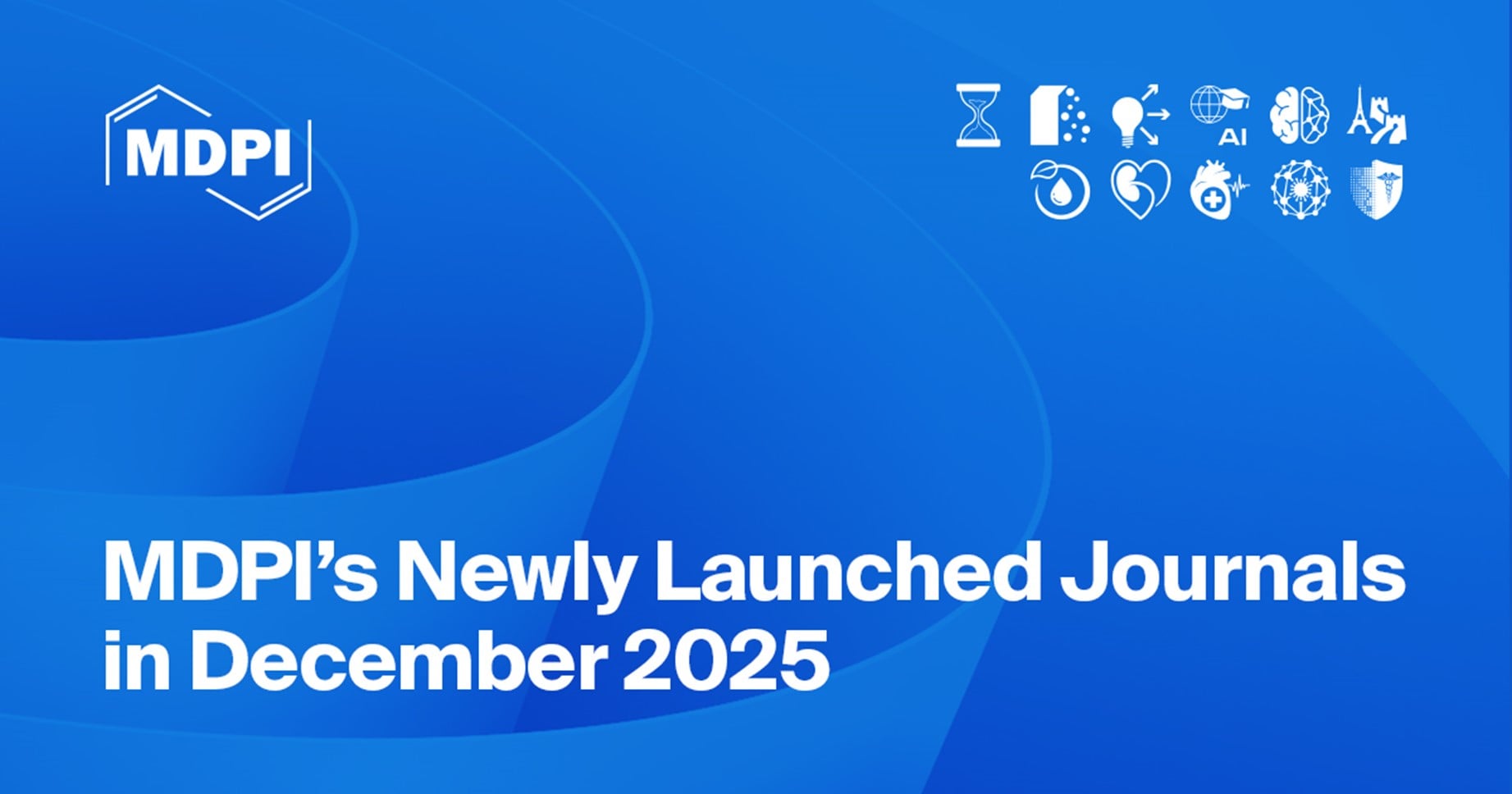-
 From Automation to Autonomy: A Digital Twin Framework for Transparent Agent and Human Collaboration in Industrial Multi-Agent Systems
From Automation to Autonomy: A Digital Twin Framework for Transparent Agent and Human Collaboration in Industrial Multi-Agent Systems -
 Exploring the Impact of Customer Organizational Culture on Project Agility in ERP Implementation Projects
Exploring the Impact of Customer Organizational Culture on Project Agility in ERP Implementation Projects -
 Lean 4.0 as a Socio-Technical System: Mapping the Interaction of Soft Practices and Industry 4.0 in Digital Transformation
Lean 4.0 as a Socio-Technical System: Mapping the Interaction of Soft Practices and Industry 4.0 in Digital Transformation -
 Industry-Driven Model-Based Systems Engineering (MBSE) Workforce Competencies—An AI-Based Competency Extraction Framework
Industry-Driven Model-Based Systems Engineering (MBSE) Workforce Competencies—An AI-Based Competency Extraction Framework -
 Exploring Different Patterns of Perceived Barriers to Sustainable Project Management
Exploring Different Patterns of Perceived Barriers to Sustainable Project Management
Journal Description
Systems
- Open Access— free for readers, with article processing charges (APC) paid by authors or their institutions.
- High Visibility: indexed within Scopus, SSCI (Web of Science), Ei Compendex, dblp, and other databases.
- Journal Rank: JCR - Q1 (Social Sciences, Interdisciplinary) / CiteScore - Q2 (Modeling and Simulation)
- Rapid Publication: manuscripts are peer-reviewed and a first decision is provided to authors approximately 20.1 days after submission; acceptance to publication is undertaken in 2.7 days (median values for papers published in this journal in the second half of 2025).
- Recognition of Reviewers: reviewers who provide timely, thorough peer-review reports receive vouchers entitling them to a discount on the APC of their next publication in any MDPI journal, in appreciation of the work done.
Latest Articles
Highly Accessed Articles
Latest Books
E-Mail Alert
News
Topics
Deadline: 31 March 2026
Deadline: 30 April 2026
Deadline: 30 June 2026
Deadline: 23 July 2026
Conferences
Special Issues
Deadline: 24 February 2026
Deadline: 28 February 2026
Deadline: 28 February 2026
Deadline: 28 February 2026






















